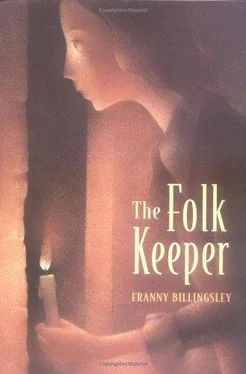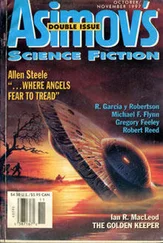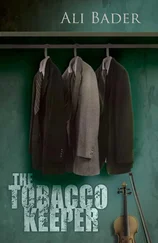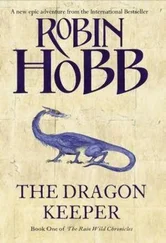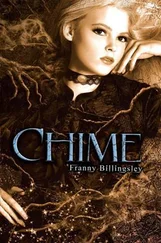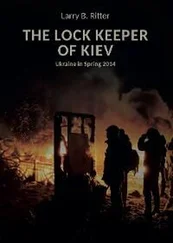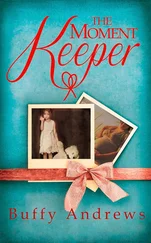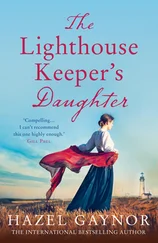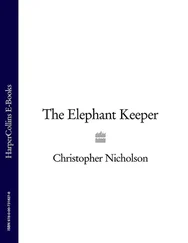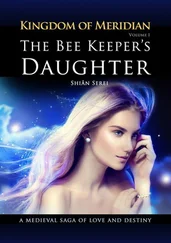I yielded it up; I had no choice it seemed. Then, as we started down the path, Finian squeezed my elbow. “Ready?”
“No!” I said, and broke grudgingly into a run.
What Midsummer magic made my feet so sure and fast tonight? I was an arrow, pulsing down the path, sprinting ahead of Finian, suddenly sure I did not need his help.
How did my feet know just when to gather speed, just when to spring? How did they clear the flames so neatly? I barely felt the heat before I stood on the other side.
Finian shall jump! Jump, Finian! Jump!
Finian landed lightly beside me. “You didn’t need my help!”
I shrugged. Who could understand it. “You lost your cap.”
“Now will Edward like my costume?” said Finian.
Andrew shall jump! Jump, Andrew! Jump!
Short plump legs churred down the lane. The crowd gasped when Sir Andrew landed on a burning log, then laughed.
“Is that how they do it on the Mainland, Andy!” someone shouted. And stout, good-natured Sir Andrew waved his smoldering shoe like a trophy. “I can’t jump as their Folk Keeper does!”
Jump, Philip! Jump!
Sir Edward jumped last, a shimmer of white silk and diamond buttons. He would never lose a shoe to the fire, or a cap.
The first peat! cried a voice, and then a score of others. Finian shall throw the first peat!
Sir Edward handed Finian a brick of peat, then after a moment’s hesitation, one to me. From the web of skin beside his thumb, shone the red moon of my teeth.
“You too, Corin,” he said. “Throw a peat on the fire and see who your future wife will be.”
“My wife?”
Finian shall throw the first peat!
It was laughing Sir Andrew of the smoldering shoe who finally explained it to me. Each unmarried person holds a half-burned brick of peat against his heart for no fewer than seven minutes. “When you break it in two, Corin, the color of the strands that hold the peat together will match the hair of the lucky lady you are to marry.”
The crowd again. Finian shall throw the first peat! Sir Andrew glanced at the Tragic Queen with the golden hair and nudged me with his elbow. “We shall have some fun now.” He raised his voice. “Will you find gold in there, Finian?”
There were shouts and cheers. The Tragic Queen blushed, and Finian said, “Do shut up!”
We all did shut up after we’d thrown our peat on the fire, watching it burn, taking care not to confuse our particular square with another’s. Behind me Sir Edward whispered, “What if the strands in yours are black?”
Someone laughed nervously, and I had to glance round to see it was Lady Alicia. It was most unlike her. She was blushing, too.
Amiable Sir Andrew retrieved my peat for me. “Here you are, Samson. I hope the girl’s a beauty, though you’ll have to wait a few years.”
It is lovely to hold a brick of warm peat to your breast. Who would have thought so? Your heart beats against it; you grow tranquil; your heart slows, thuds against warmth; the fibers of the peat glow against your skin, grow around your heart. The crowd grew calmer still, all of us just breathing and beating.
Sir Edward moved first, breaking his peat and peering into its heart. By the time Mrs. Bains began to set up for Midsummer breakfast on the lawn, the crowd had again grown shrill and giddy, teasing each other to say what color strands they’d found. The Tragic Queen shook her head and wouldn’t say.
Sir Edward smiled at Lady Alicia. “Chestnut.”
“Fair.” Lady Alicia shrugged, mostly with her eyebrows. “My late husband was fair. Perhaps that means I shan’t remarry.”
Everyone looked at Finian. “I will never tell.”
Sir Andrew asked me, but I’d put my peat in my Folk Bag without looking.
“Samson doesn’t care for marriage,” he said.
“No, I will never marry.”
I slipped away, back to the cliffs where I have spent so much of this Midsummer Eve. I do not belong in that crowd of people looking for love. The sky is beginning to glow with its own inner light, and soon I will set off to collect Saint-John’s-Wort. I cannot eavesdrop at the Rhysbridge market, but Mrs. Bains is almost as useful. She says that if you gather the herb exactly at Midsummer dawn, it may protect you against the Folk, who will soon again grow wild.
June 22
The evening sun hangs in my bedchamber mirror, setting the room on fire. Everything seems to have been on fire, from the torches tossing their reflection into dark windows, to the flames licking at Sir Andrew’s shoe, to the bricks of smoking peat.
An evening all of fire, then all of water.
How lucky that the new, nimble Corinna stayed with me all that short Midsummer night. Lucky, too, I hadn’t yet left my cliff-top perch when the shouting began.
Two figures, white canvas and black satin, stood not two hundred feet away. How close they were to the edge of the cliff! I leapt to my feet just as the big one, in white, staggered backward and disappeared.
Time slowed down while I sped up. Now only five seconds had passed, now only twelve, but I seemed a long time running. Seventeen seconds, Sir Edward waving me back. “Run for help! I’ll go in after him.”
But I was a small tidal wave, boiling along the cliffs, blasting Sir Edward aside and peering over. The sea had swallowed Finian whole; there was not a bulge or seam to show where it had taken him in. I thought more of the plunge into the sea, fifteen feet down, than of how little I swim. When do I jump? Now? Now?
And oddly, it was the crowd’s voice inside my head that helped me most. The Folk Keeper shall jump!
“I won’t,” I cried, and jumped.
Fifteen feet. It is nothing. I did not shatter against the water; I did not drown.
I was reborn.
I was born in reverse, exploded from one medium into another, from air into liquid, from dawn into darkness; and all around there was the singing of the sea.
I closed my ears — I can close my ears! — and against all proper instinct, squeezed my lungs empty of air. There came a slowing of the world — no, not of the world. A slowing of Corinna. A slowing into new life, not into drowning and death. I was suspended underwater yet needed no air, my heart beating to the slow, rhythmic pulse of underwater life.
The scratch from Sir Edward’s button stung my cheek. There was a wild joy in that, and a joy, too, in releasing the burden of my own weight, exchanging thin air for this dense world.
I glanced everywhere, looking for a length of white canvas. But eyes are made to work with light; they’re all but useless deep in the sea.
All this, which takes so long to explain, happened only in mental time. But real-world seconds started to tick away when I turned my head with its useless eyes, looking, looking, my hair following the motion of my head through water, and then . . .
You cannot be surprised underwater in the ways you are on land. You cannot gasp; you cannot stagger back. You observe calmly as your hair — well, I can only say that my hair opened a door into another dimension. It caught at the shape of a new world. Gone were all the hard edges, the corners, the troubling shifts of light and dark.
I saw a fish flicker behind me. I didn’t see it with my eyes; rather, it sent a wave-image of itself, which I captured with my hair. I saw a ripple in the current, so tiny it might have been an echo of itself, shivering through liquid jade.
I made my own ripples, which bounced off the landscape and traveled back to me, explorers returning with maps of new territories. There were maps of scuttling crabs, maps of boulders, half as high as me. But where was the map of white canvas, which unlike the rest of the landscape, needed to breathe? I cast myself here — nothing. There — nothing.
Читать дальше
